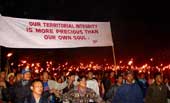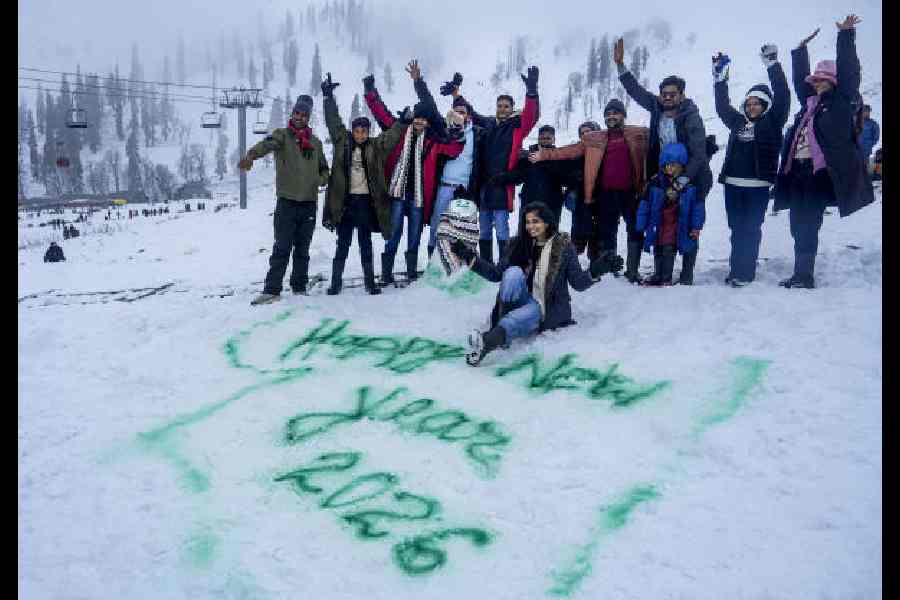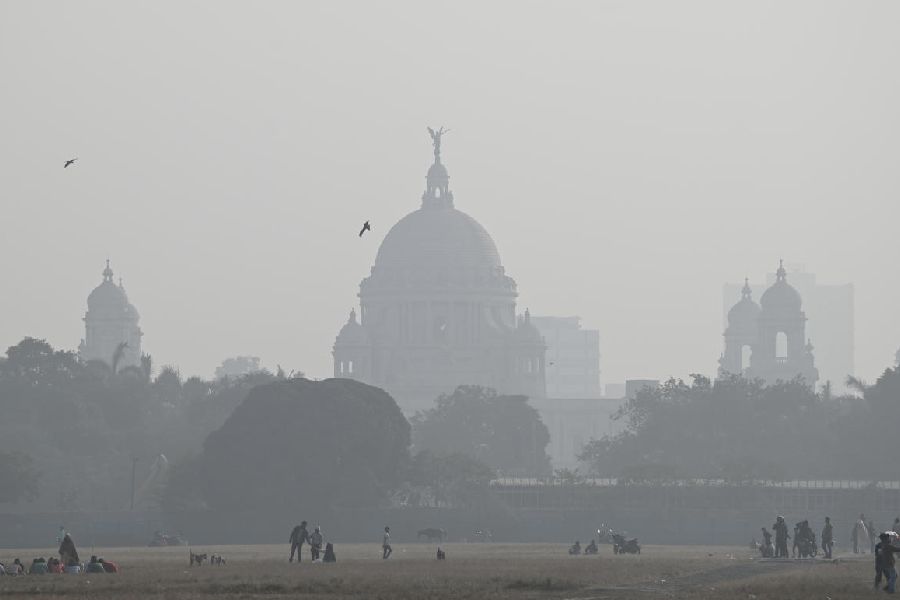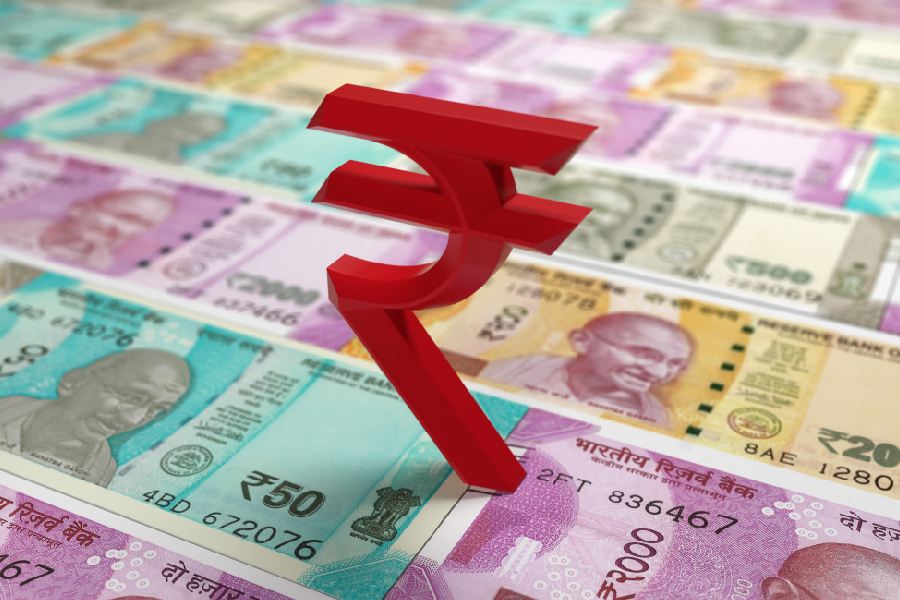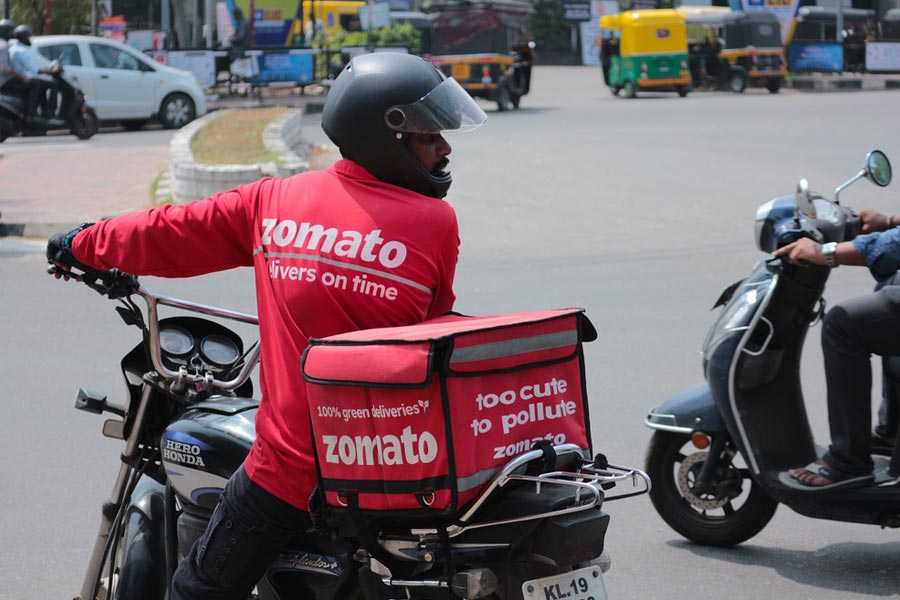 |
| A torch-lit procession during the anti-ceasefire agitation in Manipur. Picture by Eastern Projections |
lThe author, a political commentator, is general secretary of the Democratic People’s Party in Manipur
It was Sheikh Abdullah in Kashmir and Zapu Angami Phizo in the then Naga Hills who were the first ones to question the concept of “Indian Nationhood” as perceived by both Pakistan and India in 1947. Sheikh Abdullah was “imprisoned” for 20 long years, before he accepted the concept.
He became chief minister of “India-occupied Kashmir”, and before he died as the “Lion of Kashmir”, he ensured that his “dynasty” will rule for a while. Phizo, on the other hand, never accepted the “Indian state”. He died in exile in London, holding to his heart the concept of Naga nationalism and a British passport. He returned home a dead man.
In an ironical contrast affecting not only the Nagas but the entire northeastern region, Thuingaleng Muivah — considered by the media and the Union home ministry mandarins as the Godfather of all armed groups in the Northeast — is returning home as an Indian citizen. How else does one define a person who holds a genuine Indian passport?
Manipur was not a part of India until K. Villodi, the then secretary of the ministry of states of the Dominion of India, utilised the provisions of the Extra-Provincial Act 1947 (XL VII of 1947). He issued the Manipur (Administration) Order 1949, on October 15 1949. The day, even now, is observed as Black Day by all the major insurgent groups in Manipur. Life stands still this day every year. The 1949 order was crystal clear about the territorial integrity of Manipur.
Section Two states that “Manipur” means “the whole of the area, which, immediately, before the commencement of this Order, is comprised within the State of Manipur”. The root of the problem is that Muivah, who hails from Manipur, is unwilling to accept the state of Manipur as it existed, while accepting an Indian passport. Unknown to interlocutor K. Padmanabhiah (during his many transcontinental discussions with the NSCN-IM leadership) are the fears in the minds of the Manipuri people. The fear was fast gathering into a mid-summer storm, until it exploded on June 18, 2001 over the extension of the NSCN (I-M) ceasefire to Manipur.
The explosion shook the very foundations of the great Indian democratic tradition when the Manipur Assembly was reduced to cinders, costing 18 lives. This had prompted Prime Minister Atal Bihari Vajpayee to pronounce from his Beach Candy Hospital bed in Mumbai on June 20 that a “misunderstanding had occurred”. The Prime Minister’s intervention paved the way for the rollback to the recognition granted by the Union government to the NSCN(I-M) over its so-called territorial control in the Northeast.
Assam, Arunachal Pradesh and Meghalaya had also voiced their concern against the ceasefire being extended to these states. It is not that the people of Manipur are against an honourable settlement to the NSCN (I-M) problem, but that cannot be at the cost of Manipur, a state whose suzerainty once ranged from the Kabaw Valley in present day Myanmar to the Surma valley. Prime Minister Jawaharlal Nehru had gifted Kabaw Valley to appease U. Nu, the Burmese premier in 1953. Till today, tears roll down every Manipuri’s eyes whenever the people think of the Kabaw Valley, now a part of the Sangaing division of Myanmar.
Cut to 2003, some 50 years hence, the Manipuris will not permit Vajpayee to do another Nehruvian act, whether such an act is carried within the sanctions of the Constitution.
Another misconception is that only the Meiteis, the majority community in Manipur, are against the “Balkanisation” of Manipur. The same feelings have been echoed by all other communities, be it the Nagas, Kuki-Chin-Zomi ethnic groups and numerous other communities.
The fires of the Naga-Kuki and Kuki-Paite ethnic clashes are still smouldering, and the NSCN (I-M) cannot disclaim responsibility for the ethnic-cleansing campaign it had launched and backed, resulting in the killing of over 1,000 Kukis. If the NSCN (I-M) talks have to be successful, then both the Union government and the NSCN (I-M) must, first, jointly declare that there will be no breaking up of Manipur.
The NDA at the Centre must move Parliament to amend Article Three of the Constitution, thus making it mandatory to seek the consent of the state’s Assembly for any re-alignment of the state’s boundary. New Delhi should not take this lightly, as if they are worried only about the number of guns in the hands of the NSCN (I-M). Perhaps, other groups put together would have more guns.
All efforts must be made to bring about a holistic solution where the interests of all groups are taken into consideration. It should be clear to the Union government and the NSCN (I-M) as well that the Manipuris will not stand in the way of the peace process, as long as the territorial integrity of Manipur is not harmed. The “Chanakyas” in New Delhi would only do well to keep this in mind.

